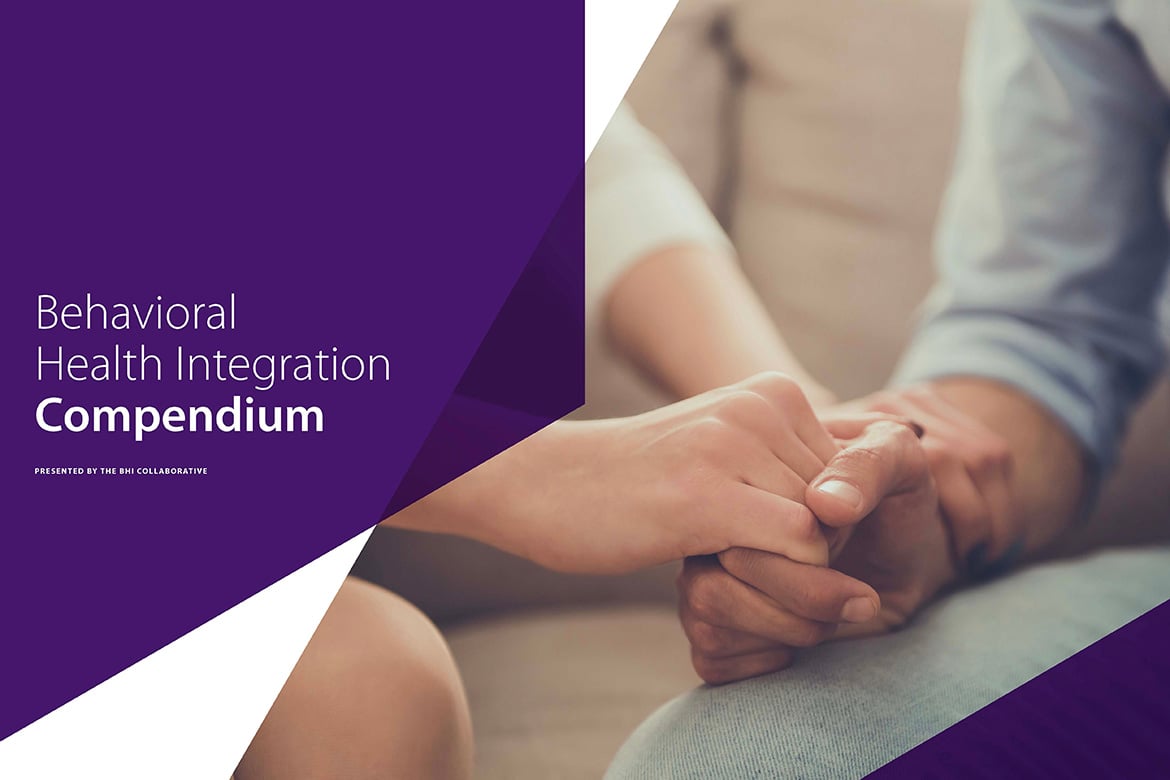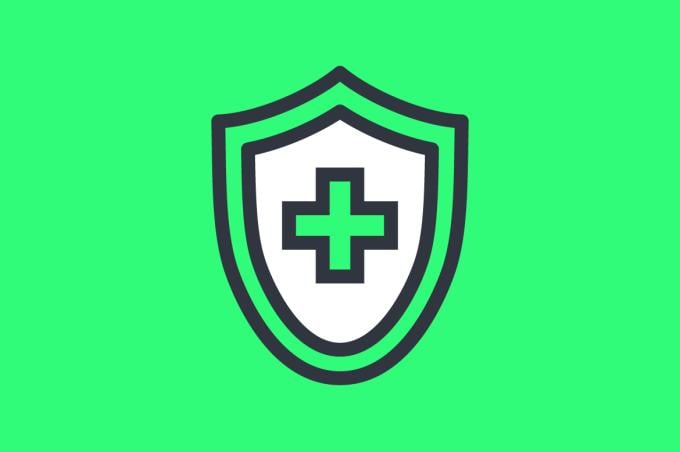Behavioral Health Integration (BHI) Compendium
The Behavioral Health Integration (BHI) Compendium, presented by the BHI Collaborative, serves as a tool to learn about, implement, and ultimately sustain behavioral health integration to achieve the goal of enabling timely access to optimal, equitable, whole-person care. The Compendium provides a framework to help guide practices through the initial steps and considerations of delivering integrated behavioral care.
Recently updated, the BHI Compendium (PDF) now includes specific guidance on child and adolescent patients, new practice case studies highlighting topics such as financial sustainability and hybrid models of integration, and an expanded section on financial sustainability. The Compendium also includes eight new, model-agnostic building blocks that are foundational to providing integrated primary care and generic forms to support BHI planning and implementation.
Complementary practice guides for patients' behavioral and mental health care
The AMA’s behavioral health how-to guides provide physician practices and health systems with actionable, evidence-based strategies for pharmacological treatment, substance use disorder, suicide prevention, workflow design, CPT coding, and integrated care for older adults. While the Compendium walks practices through the comprehensive, overarching steps for BHI, the individual how-to guides focus on key, specific areas of need.
Behavioral health integration webinars
Learn how the various aspects covered in the BHI Compendium can work in real-world practice settings with the BHI Collaborative's educational webinar series. Subject matter experts provide strategies and tips on how physicians can incorporate behavioral health care into their practices.
Share your story
AMA welcomes shared stories about implementing behavioral health integration in your practice and asks for input on what information should be featured in future iterations of the Compendium. Please reach out to the BHI team directly by emailing [email protected].
Additional AMA resources
Learn more about how to effectively integrate behavioral health into physician practice and other private practice-related information.
988 Suicide & Crisis Lifeline
With an increased number of people reporting worsening mental health in recent years, it is imperative that people are aware of the 988 Suicide & Crisis Lifeline (formerly known as the National Suicide Prevention Lifeline) telephone program.
People experiencing a suicidal, substance use, and/or mental health crisis, or any other kind of emotional distress can call, chat or text 988, and speak to trained crisis counselors. The national hotline is available 24 hours a day, 7 days a week.
The previous National Suicide Prevention Lifeline phone number (1-800-273-8255) will continue to be operational and route calls to 988 indefinitely.





